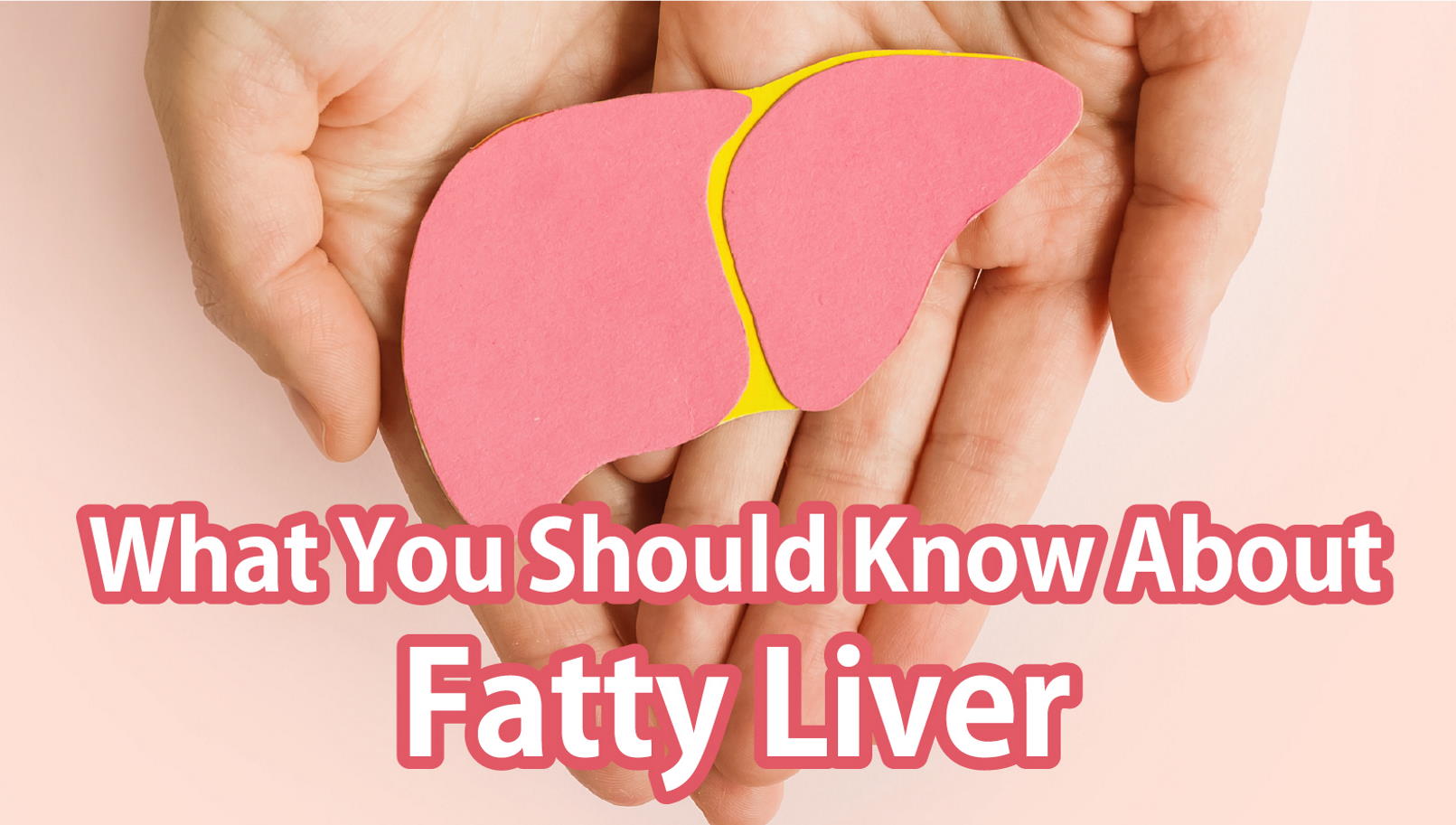6 March 2024
Everyone should be familiar with the term "fatty liver." With the acceleration of life pace and unhealthy sleeping and eating habits, even young people may suffer from fatty liver! Speaking of fatty liver, some people may only have a vague understanding of it, such as "I don't even have the habit of drinking, so it's impossible for me to have fatty liver" or "Only overweight people will have fatty liver", or "Fatty liver is just a minor issue, there's no need to worry about it". Are these all true? Today, PhytoFairy will take you through understanding fatty liver together.

What is fatty liver?
The liver is one of the vital organs in the human body. It performs various functions, including metabolism support, immunity, digestion, detoxification, and vitamin storage. Normally, the liver contains about 3-5% of fat by weight. When the fat content exceeds 5%, it is diagnosed as fatty liver. In Malaysia, one out of every three obese individuals faces the issue of fatty liver. Fatty liver can be divided into two main types:
A. Non-alcoholic fatty liver: Fat accumulation in liver cells beyond normal limits due to various reasons.
B. Alcoholic fatty liver: A liver disease caused by excessive alcohol consumption over a long period.
Who are at risk of fatty liver?
Generally, when we talk about fatty liver, we usually refer to non-alcoholic fatty liver. For alcoholic fatty liver, the solution is to quit drinking or reduce alcohol intake. However, many people mistakenly believe that only excessive alcohol consumption can lead to fatty liver, which is incorrect. Many factors that can cause non-alcoholic fatty liver:

1. Obesity:
One of the main risk factors, especially abdominal obesity, where excess fat accumulates around the liver, increasing the risk of fatty liver.

2. Having hypertension, diabetes, or high cholesterol:
These metabolic disorders are closely related to fatty liver because they can affect fat metabolism and liver function.

3. Consuming excessive sugary and high-fat foods:
These foods can lead to excessive fat accumulation in the body.
4. Long-term use of certain medications or drug abuse:
This may have adverse effects on the liver and increase the risk of fatty liver.
5. Extreme dieting or adopting unhealthy weight loss methods:
This may harm the liver, and fatty liver is not limited to overweight individuals. Some lean-looking individuals may also have excessive internal fat.

What are the symptoms of fatty liver?
The liver is a silent organ. In most cases, a person with fatty liver disease will not show symptoms on their faces or skin. Many patients only discover the presence of fatty liver during routine ultrasound or blood tests. However, if specific symptoms occur, it usually indicates that the condition has progressed to a more severe stage. When fatty liver is detected early, it can be treated by adjusting diet and lifestyle habits. However, if left untreated, it may lead to adverse consequences such as cirrhosis and liver failure, which will cause irreversible damage.

How to prevent fatty liver?
Start with improving your diet, focusing on a balanced diet that is low in fat, salt and sugar, and high in fiber. Increase physical activity, aiming for at least 150 minutes of exercise per week. Controlling weight is crucial; obese individuals can gradually lose weight, aiming for a healthy and reasonable weight loss of 0.5-1 kg per week.
Consume more high-fiber foods and low glycemic index foods while reducing intake of sweets. Examples include brown rice, whole grain bread, oats, legumes, various vegetables, and fruits. It's advisable to eat more whole foods and less processed foods.
Reduce intake of high-fat foods, as studies have found that unhealthy fats can promote inflammation in fatty liver. It's recommended to consume sufficient "good fats", such as foods rich in Omega-3 fatty acids, which help transport fats to organs that need them and reduce accumulation in the liver.
Avoid excessive alcohol consumption. Studies have found that abstaining from alcohol for 4 to 6 weeks can significantly reduce fat deposition in the liver. Research also suggests that black coffee can help reduce the risk of liver fibrosis; drinking unsweetened and milk-free black coffee is recommended.
Regular health check-ups are essential. With the trend of diseases becoming more common at a younger age, it's necessary for individuals over 30 to start maintaining the habit of regular check-ups to detect potential health issues early.

In our fast-paced lives, we often overlook our health. Many people mistakenly believe that fatty liver is just a minor issue and not a disease. However, fatty liver has already become the most common chronic liver disease clinically. Fortunately, we can prevent and manage fatty liver through lifestyle adjustments and dietary habits. Remember, health is the most precious wealth. Let's take action together to take care of our precious liver!






